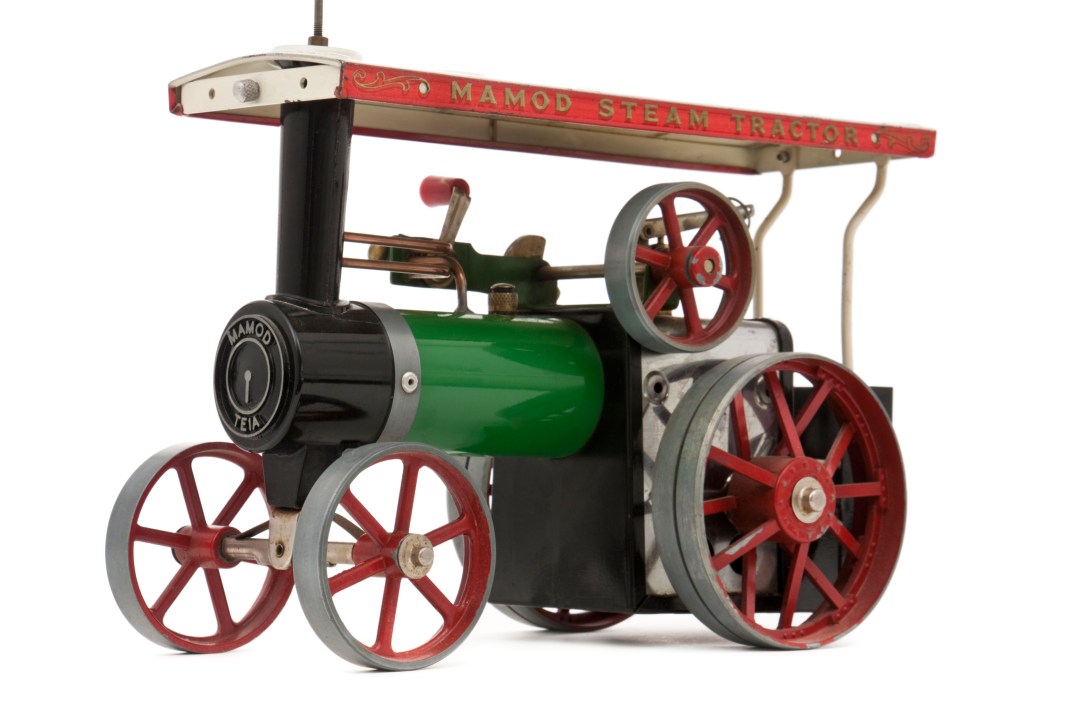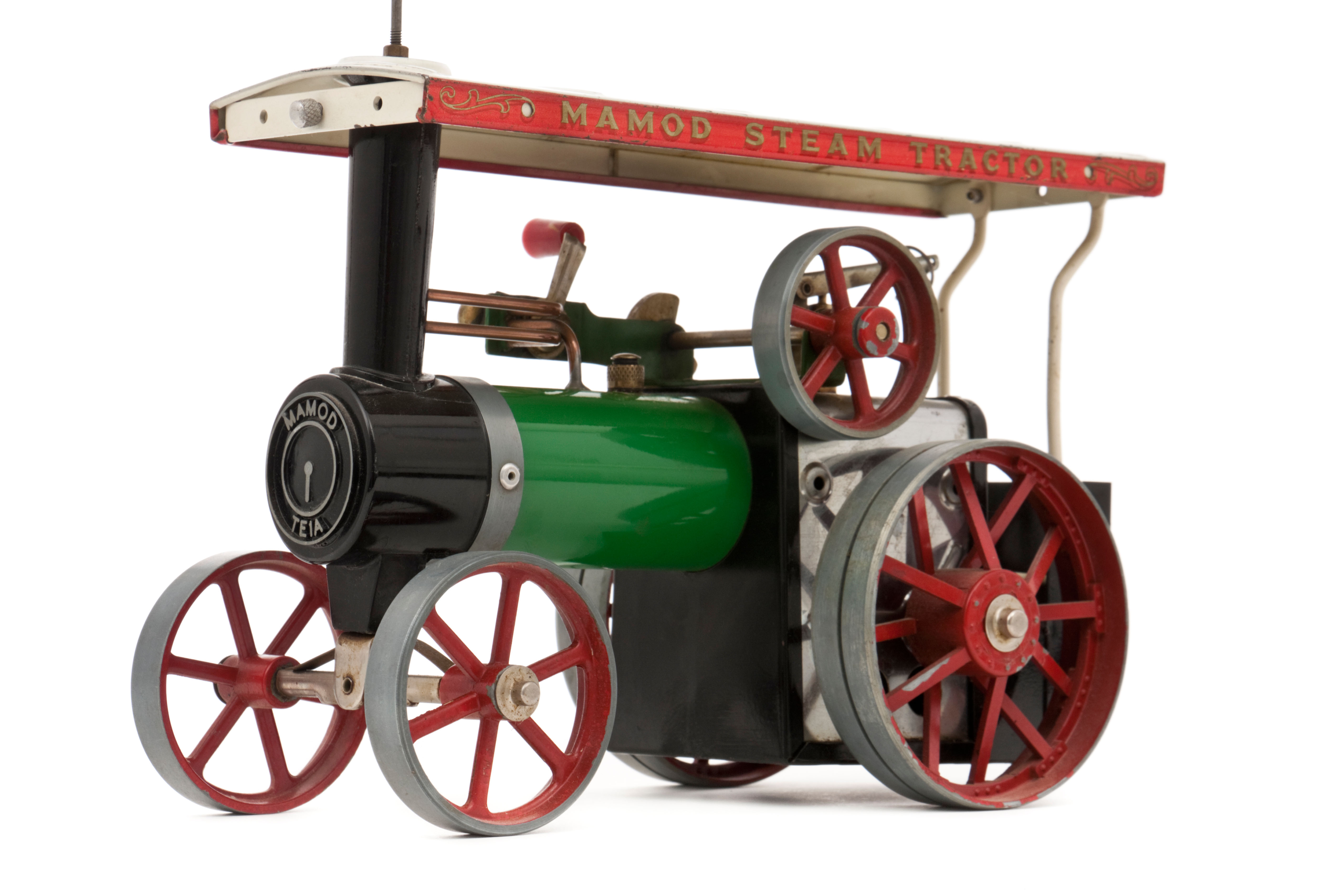As far back as I can remember, I always wanted a steam engine. When I was five my parents promised that I could have one when I was 12: I think they thought I’d forget. I didn’t, and seven Christmases later I unwrapped a model traction engine made by the Birmingham firm of Mamod. It was chunky and basic, and its bright green and red paint gave it a toy-like appearance. But its brass valves and copper pipes were unquestionably the real thing. Out in the garden, Dad and I lit it up. The engine grew warm, it hissed; its flywheel whirred into life. And a glorious aroma filled the morning air: a blend of hot metal, WD40 and the sweet, chemical fragrance of burning fuel tablets. One breath and I was hooked.
I doubt my parents would have bought my first engine if they’d had to go through the Home Office first
Well, not for much longer if the Home Office has anything to do with it. Model steam enthusiasts sometimes joke that the smell of a live steam engine ought to be a controlled substance. No-one ever imagined that it would literally become one. But since October last year, hexamine fuel tablets – the little white blocks that fuel camping stoves as well as model steam engines like mine – have been placed on the banned list. The rationale, apparently, is that the chemicals they contain could be used to make explosives.
It’s technically true, of course, but the same goes for a lot of household products. Even flour can be made to detonate under the right conditions: perhaps we’ll see counter-terrorism operatives raiding the set of The Great British Bake-Off and impounding profiteroles. Ludicrous? Undoubtedly: but as the law currently stands, thousands of blameless hobbyists across the UK must now hold a licence to possess a product they’ve been using perfectly safely for decades. Failure to comply could result in prosecution under the Poisons Act 1972, with imprisonment as a potential penalty
On one level, it’s that old story – the unintended fallout of a well-meant but careless piece of legislation. Did the mandarins responsible even realise the likely impact? ‘They said they’d done extensive consultation,’ says Adrian Lockrey, the owner of Mamod – the 87-year old family firm that made my traction engine, and which continues to manufacture traditional steam-powered toys ranging from railway locomotives to steamrollers and stationary engines. ‘They didn’t. They approached a model boat club, who said it wouldn’t affect them. And that was the model industry consulted. The company that supplies our fuel tablets – we buy 10,000 a month – wasn’t even informed’. The first that Mamod heard of the new law was when one of their models, en route to a purchaser in Europe, was halted at Customs.
The official response is that steam modellers can purchase a license (they cost around £40). But for a business like Mamod (and no-one gets rich building steam models), that will have a chilling effect on sales. Mamod’s USP is a safe, simple and affordable entry point to the live steam hobby: I doubt my parents would have bought my first engine if they’d had to go through the Home Office first. Being engineers, Mamod’s people have already come up with a replacement fuel – a flammable gel. But it’s an unexpected cost that a small business can ill afford; meanwhile products are having to be retooled, and orders are sitting unfulfilled on shelves (‘It’s like selling a torch without batteries’ says Lockrey). Large sums have also been sunk into stocks of now-unsaleable hexamine tablets. At the time of writing, the company’s future hangs in the balance.
And yet Mamod is, in its field, a great British brand – a name as iconic as Rolls-Royce or HP Sauce, with an ethos of craftsmanship rooted in the skills that powered the industrial revolution. British firms stopped building full-size steam locomotives in 1971: but half a century on, Mamod is still there in the industrial heart of the Black Country, building and exporting hundreds of miniature steam engines a year. Lockrey estimates that there are some two million Mamod engines in the world today: bringing the principles of Watt and Stephenson into homes and classrooms, and harnessing fire and water to drive flywheels, pistons and – crucially – young imaginations. That’s a constituency that you’d think no government could afford to ignore.







Comments